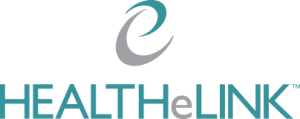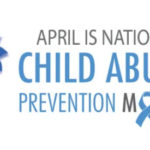Funding provided through Office of National Coordinator for Health IT (ONC)’s Leading Edge Acceleration Projects (LEAP) in Health Information Technology program
BUFFALO, NY – HEALTHeLINK, the health information exchange (HIE) for Western New York, has been awarded $1 million cooperative agreement over the next two years from the Office of the National Coordinator for Health IT (ONC)* to aggregate advance care planning documents from across the community and make electronically available to treating providers who need to know a patient’s wishes at the point of care.
“While patients may have documentation in their physician’s office or a hospital medical record, studies have shown that only one third of emergency department patients have advanced planning documents such as living wills, health care proxy, do not resuscitate (DNR), and medical orders for life-sustaining treatment (MOLST), to guide end-of-life treatment, and when they do exist, it’s not easily accessible when and where it’s needed” said Dan Porreca, president and CEO, HEALTHeLINK. “The need to have this documentation electronically available is important to ensure that a patient’s wishes are known and adhered to and is expected to increase as a result of the urgency in advance care planning brought on by the COVID-19 pandemic and as the baby boomer population ages. In addition, the cost of care at the end of life cannot be overlooked and will be impacted by adhering to patient’s wishes.”
The funding is being provided through ONC’s Leading Edge Acceleration Projects (LEAP) in Health Information Technology program. HEALTHeLINK is the only recipient of funding in the country in the 2023 LEAP project category – “Exploring the Use of Advanced Fast Healthcare Interoperability Resources (FHIR) Capabilities.” The FHIR standard defines how health care information can be exchanged between different computer systems regardless of how it is stored in those systems.
“HEALTHeLINK has been at the forefront of utilizing health information to get current medical information to physicians when and where they need it,” added Porreca. “This is the next step in building on that infrastructure to provide a solution to the complex problem of having advance directives available when a patient cannot speak for themselves, especially in an emergency room setting.”
HEALTHeLINK’s project, “Advanced FHIR Capabilities for Advance Care Planning Use Cases to Improve Patient Care,” will assess the implementation of FHIR software and integration with electronic medical record vendors. This will enable the ability to aggregate advanced care directives among primary care providers, hospitals, hospices, and emergency medical services personnel and be retrieved electronically at the point of care.
In addition to improving quality of patient care, the data gathered will also be used for population health activities, including targeted community education to increase advance directive use and reduce disparities.












